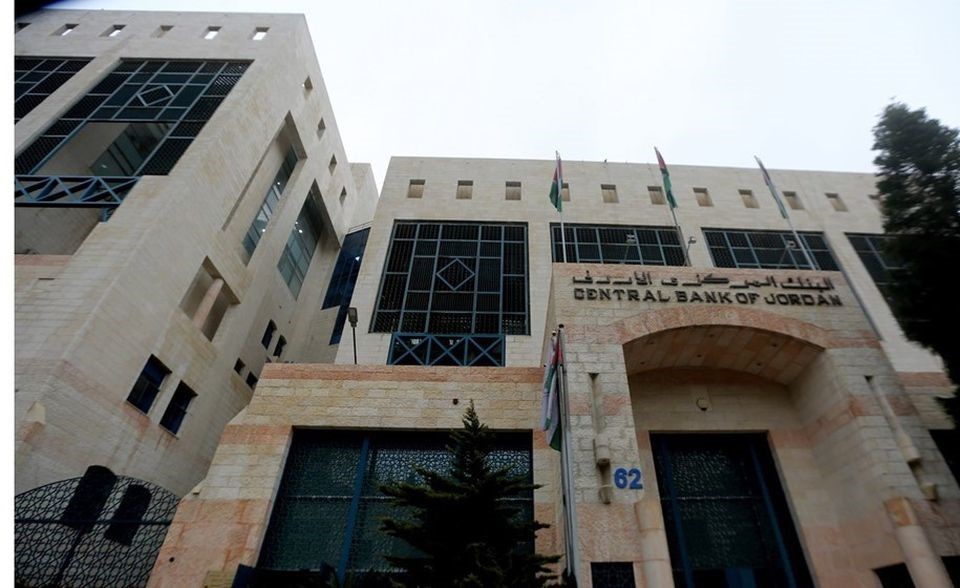The decision of local banks to postpone loan payments for
individuals for April, which coincides with the holy month of Ramadan, as
announced by the Association of Banks in Jordan (ABJ) last week, holds good
news for hundreds of thousands of Jordanians.
اضافة اعلان
According to ABJ Director-General Maher Mahrooq, the gesture
is part of the banks’ social responsibility, and a bid to ease the financial
burdens of Jordanians at this time of the year, which inherently carries more
social responsibilities, and for Eid Al-Fitr.
 Central Bank of Jordan. (File photo: Ameer Khalifeh/Jordan News)
Central Bank of Jordan. (File photo: Ameer Khalifeh/Jordan News)
The decision, which is binding on all banks in Jordan,
states that postponing payment of individual installments, including housing
and personal loans, is not accompanied by commissions or delay interests.
According to some sources, the liquidity that would be
spared by this decision will amount to hundreds of millions (not less than
JD300 million), which will be injected and breathe some life into the market at
a time when not only Jordan’s economy, but that of the entire world is
struggling with the ramifications of COVID-19 and, now, with the
Russian-Ukrainian war, which has already had a disastrous impact on the prices
of many essential commodities.
Thanks to the Central Bank of Jordan’s (CBJ) financial
inclusion plan, by 2020, more Jordanians had access to the financial system,
meaning they could obtain loans and, following the latest decision, benefit
from the postponement of loan payments.
The hundreds of millions of dinars that will be funneled
into the market are likely to save, or at least give a break to, businesses
that have been hit hard by the series of economic disasters, caused by more
than two years of pandemic.
Having said that, the banking sector has been the biggest
survivor, due to the prudent monetary and financial policies strictly applied
and overseen by CBJ; it has served as a safety cushion for the national economy
and, as a result, for Jordanians.
The sector supported the Himmat Watan Fund, set up to
receive donations to address the repercussions of COVID-19, with tens of
millions, which went to help the underprivileged in society, especially the
beneficiaries of the National Aid Fund.
The CBJ’s decision apparently encouraged other financers to
follow suit. Director of Public Security Maj. Gen. Hussein Al-Hawatmeh took the
decision to delay payment of installments of advances loaned to members of the
force for March and April. A similar step was announced by Yarmouk University,
whose faculty and administrative cadres will have more cash on their hands in
these two months to spend on their needs. More similar steps are expected.
One wonders if it would have been possible for financing
establishments to delay payment of some dues owed by the commercial sector, but
that depends on the banks themselves and the way they work out the balance
between their sense of responsibility toward the community they operate in and
their commercial interests. After all, we want the banking sector to remain strong
and solid, as it is our fortress during hard times.
A final note: alleviating hardships for citizens is the
responsibility of the government, through effective policies and sound
planning. Relying on banks to do the job sometimes should never become the
norm.
The writer is a former advisor at the Royal Hashemite Court,
a former director of media and communication at the Office of His Majesty King
Abdullah, and works currently as a senior advisor for business development at
Al-Ghad and Jordan News.
Read more Opinion and Analysis





